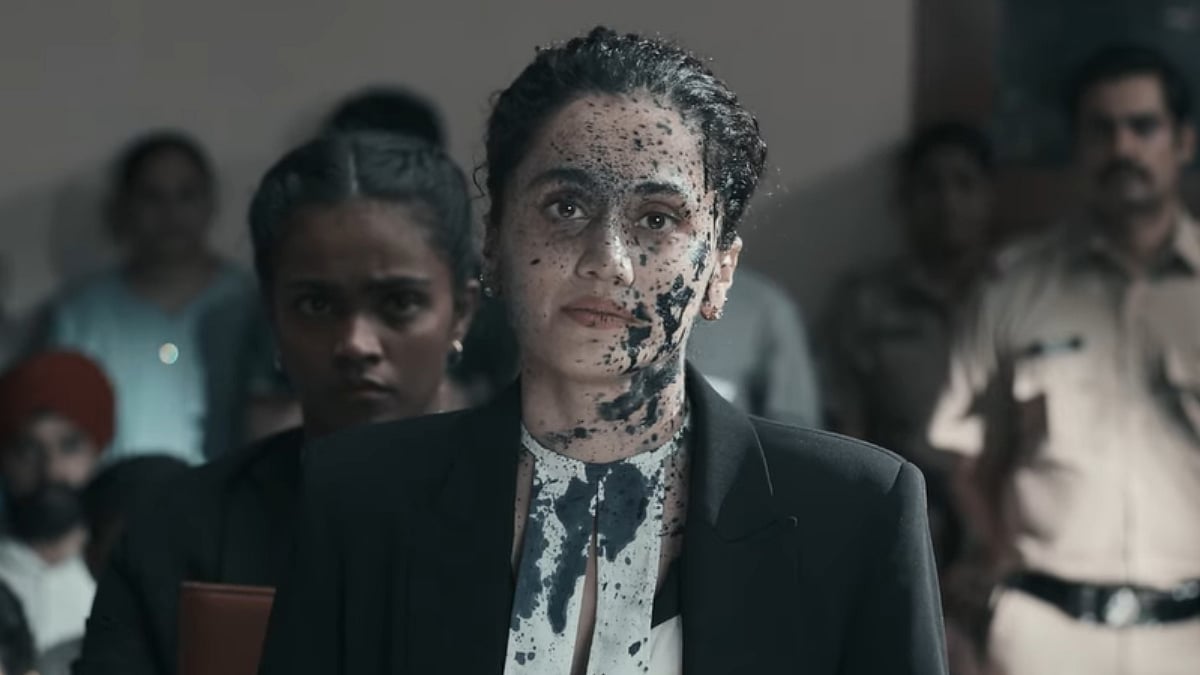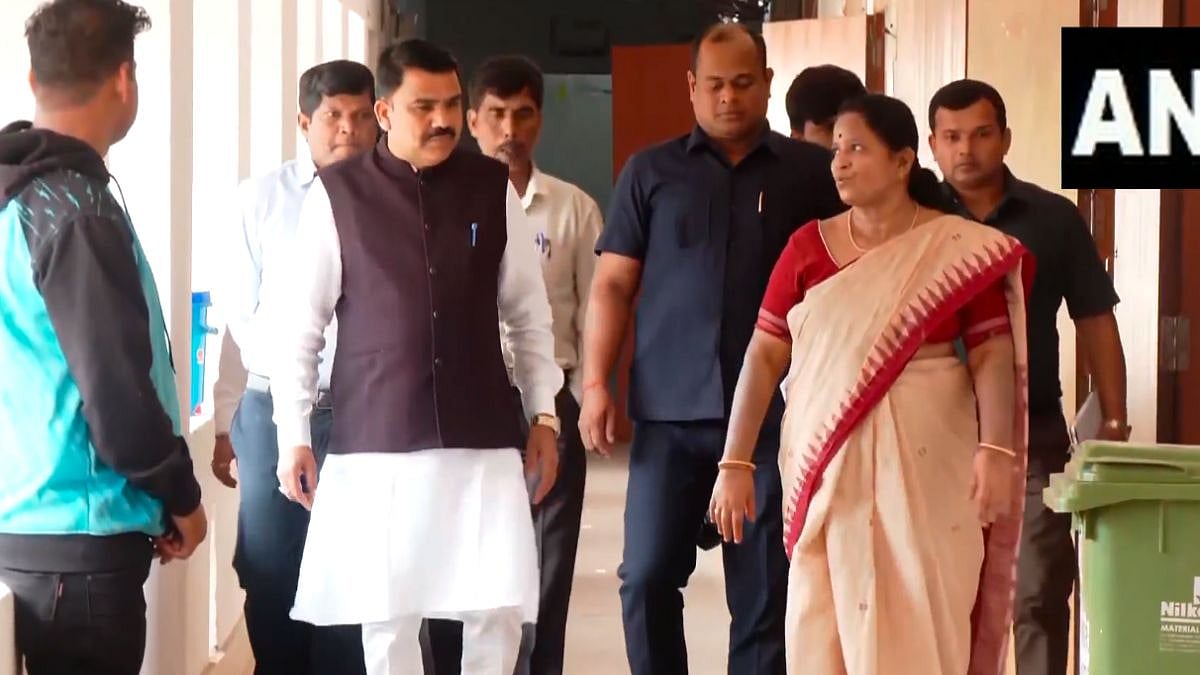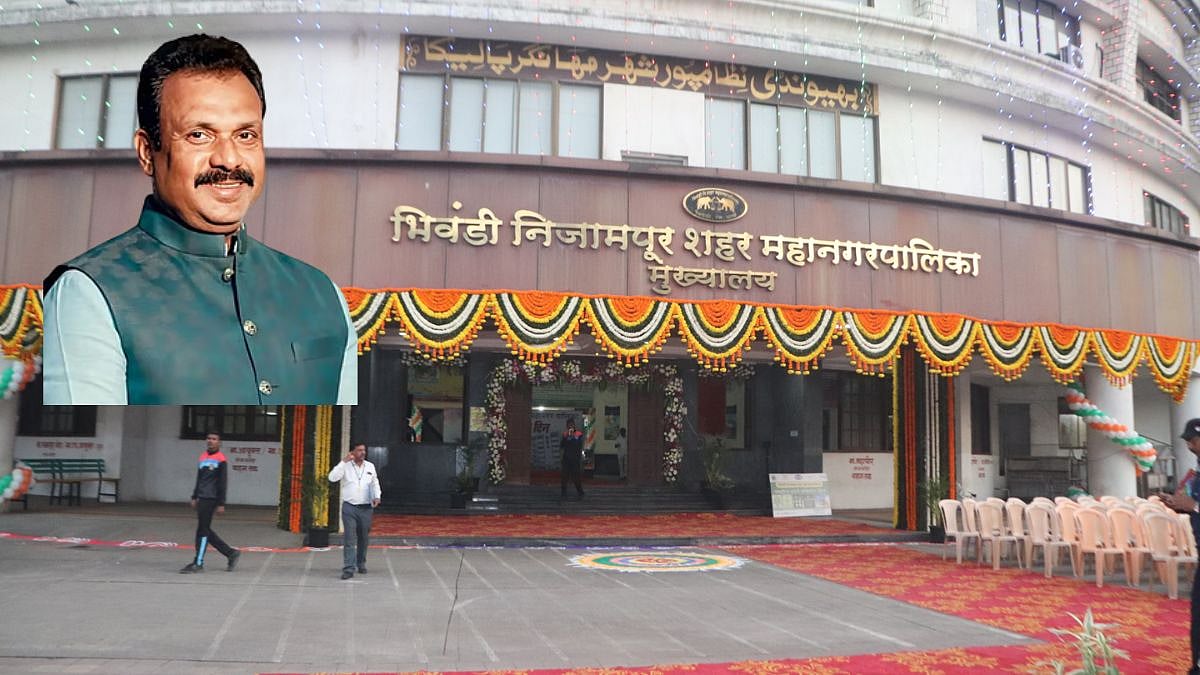The outcome of Sri Lanka’s presidential election is known and Gotabaya Rajapaksa, a former Defence Secretary — blessed with the colourful title of ‘Terminator’ — and brother of former President Mahinda Rajapaksa has won. He easily defeated his rival, the UNP’s Sajith Premadasa, son of former President R Premadasa, by over a million votes. Contrary to media speculation, the race wasn’t close and Rajapaksa didn’t need the second preference votes to romp home.
My reading of the polls based on a brief visit to Sri Lanka prior to the election suggested that the SLPP candidate Gotabaya Rajapaksha, always enjoyed a distinct advantage over his UNP rival Sajith Premadasa. How clear that advantage was and whether the election would go into the counting of the second preference votes — where the first preference votes of the JVP and an Independent candidate promoted by a few NGOs would matter — were difficult to anticipate. However, barring the truly unexpected, it always seemed that President Sirisena would be succeeded by another member of the family of the man who was defeated in 2014.
My reading of the presidential election was based on three observations.
First, it was pretty apparent that Gotabaya ran a streamlined, professional campaign. This was in sharp contrast to the UNP campaign that suffered from a relative shortage of resources and internal cohesion. Initially the UNP nomination was supposed to go to Prime Minister Ranil Wickramsinghe. However, the party felt that rather than bear the entire burden of a strong anti-incumbency, it was preferable to go with Premadasa who, despite being a minister in the Sirisena government, was not too strongly identified with the regime. The desire to make a fresh start was understandable but Premadsa was not able to rope in many of the traditional UNP voters. He lost heavily in traditional UNP strongholds such as Colombo and Gampaha, areas that had tilted the balance against Mahinda Rajapaksa in 2014.
Secondly, despite being very closely identified with his elder brother’s presidency, Gotabaya had an image that was more technocrat than political. He was seen to attach a great deal of emphasis on governmental efficiency, education and technology. Moreover, his plans to slash personal and corporate taxes were quite radical. Indeed, going by the manifesto, Gotabaya seems to be making a big pitch to transform Sri Lanka into another Singapore—originally a dream of President J R Jayawardene that was scuttled by the civil war.
Thirdly, the Islamist bombings last April had a devasting effect on Sri Lanka’s economy and its tourism industry. The fear of terror attacks reviving once again has put national security back on the political agenda. As the architect of Sri Lanka’s military victory over the LTTE in 2009, Gotabaya was perceived as a tough no-nonsense politician. It was an image that stood him in good stead in this election.
In 2014, the loss of a chunk of the SLFP vote and the huge 80 per cent turnout in the Northern Province where Tamils predominate had contributed to Sirisena’s victory by a narrow margin. This time there was no reason to suggest that Tamil regions were sufficiently motivated to turn up in such large numbers. The feedback suggested that there was a palpable mood of disappointment with Sirisena’s government over regional autonomy. This meant that while Premadasa won a majority of Tamil votes in the Northern Province and Eastern Province, this lead was not enough to offset the huge majorities Gotabaya secured in the traditional Sinhalese area. The mood of despondency in the UNP circles was apparent from the fact that many of Colombo’s Left-liberals suddenly begun singing praises of the ‘progressive’ credentials of the JVP candidate. Earlier, the JVP was debunked as the voice of extreme Sinhala nationalism. In the end, however, the JVP candidate seriously underperformed and secured a mere three per cent of the total votes.
The facile view is that India will be very upset with a Gotabaya victory. This assumption is centred on the post-defeat comments of Mahinda Rajapaksa in 2014 when he accused R&AW of interfering to secure his defeat. Moreover, the Rajapaksas are seen to be pro-China, while the UNP is understood to have good relation with India.
This assumption forgets a few cruel truths. First, the civil war against the LTTE was won in 2009 by the Sri Lankan army thanks to some tacit support from India. Gotabaya was the man who maintained links with the national security establishment in India. Secondly, the generous contracts to China, particularly in Hambantota, followed India’s own unwillingness to participate. Thirdly, the sale of the facilities in Colombo and Hambantota were negotiated by the UNP and not the Rajapaksas. In his manifesto, Gotabaya has promised an independent foreign policy that avoids being linked to any of the great powers.
How the future relationship is negotiated depends ultimately on diplomacy rather than either the past or stated positions. If the Modi government can reach out to the winner — as it has been promptly done — and persist with an economy-first approach and support for counter-terrorism, relations with Sri Lanka are bound to be healthy.
This article was published in the print edition of Free Press Journal on November 19, 2019 with the heading Gotabaya victory can play out well for India.





